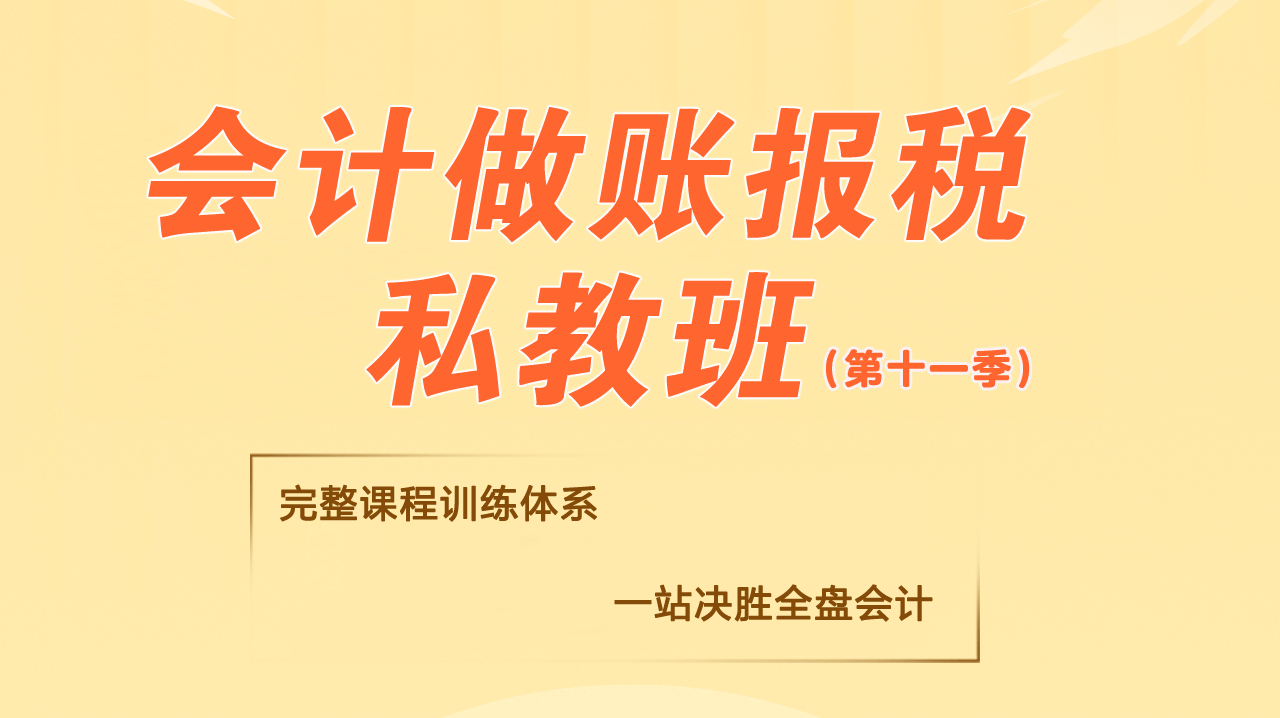中国贸易顺差收窄(双语)
China’s trade surplus dropped in August after imports grew at a faster rate than expected, an indication that domestic demand could be rebounding after several months of slowdown.
中国8月份贸易顺差收窄,主要因为进口增长快于预期,表明内需在放缓了几个月后,可能正在回升。
The trade surplus fell from $28.7bn in July to $20.03bn last month as a result of the surging imports, although analysts said the level of the surplus remained high enough to keep political pressure on Beijing over its exchange rate policy.
由于进口激增,上月贸易顺差从7月的287亿美元降至200.3亿美元,但分析师表示,这一顺差水平仍然较高,北京因汇率政策而承受的政治压力不会消退。
Politicians in the US have stepped up their criticism of what they see as China’s undervalued exchange rate in recent weeks, raising new fears that the argument could lead to a trade dispute.
最近几周,美国政界人士更加激烈地批评人民币汇率低估,再度引发了有关这场争论可能导致贸易争端的担忧。
Perhaps in response, Beijing allowed its currency to appreciate by a relatively fast pace of 0.5 per cent this week, taking the total increase in the value of the renminbi to 0.95 per cent since it abandoned the dollar peg in June.
或许是作为回应,上周北京容许人民币以相对快速的步伐升值0.5%,人民币自6月放弃盯住美元以来累计升值0.95%。
The acceleration in imports, which increased by 35.2 per cent in August over the year before, has added to the uncertainty about the current direction of economic policy in China.
进口增长提速——8月份进口同比增长35.2%——加剧了有关当前中国经济政策方向的不确定性。
In order to prevent the economy from overheating, Beijing has in recent months called for inefficient factories to be closed, launched a clampdown on property speculation and pushed banks to rein in lending.
为防止经济过热,近几月来北京要求关停一些低效率的工厂,打压房地产投机活动,并敦促银行减少放贷。
However, rising imports of a number of commodities could reflect a new drive for more infrastructure investment to prevent a sharp economic slowdown.
然而,许多大宗商品进口增加,可能反映为防止经济急剧放缓,中国正在掀起新的一轮基础设施投资热。
“Domestic demand for raw materials and capital goods recovered as the central government sped up approval of infrastructure projects in central and western China and accelerated disbursement of investment funds,” said Xu Jian, an economist at China International Capital Corporation in Beijing.
“由于中央政府加快批准中西部地区的基础设施项目,加快拨发投资资金,国内对原材料和资本商品的需求出现回升。”中国国际金融有限公司(CICC)经济学家徐剑表示。



